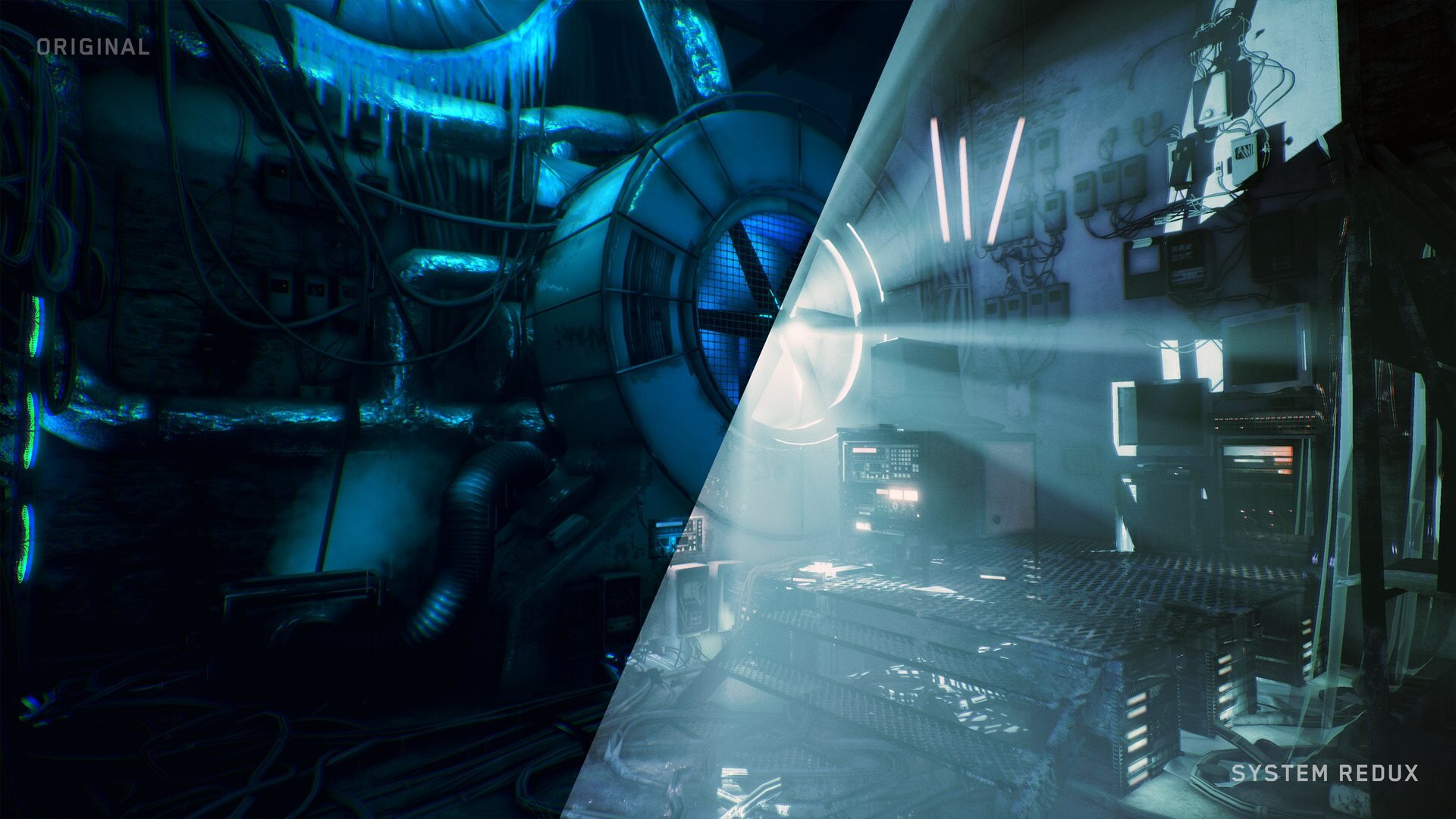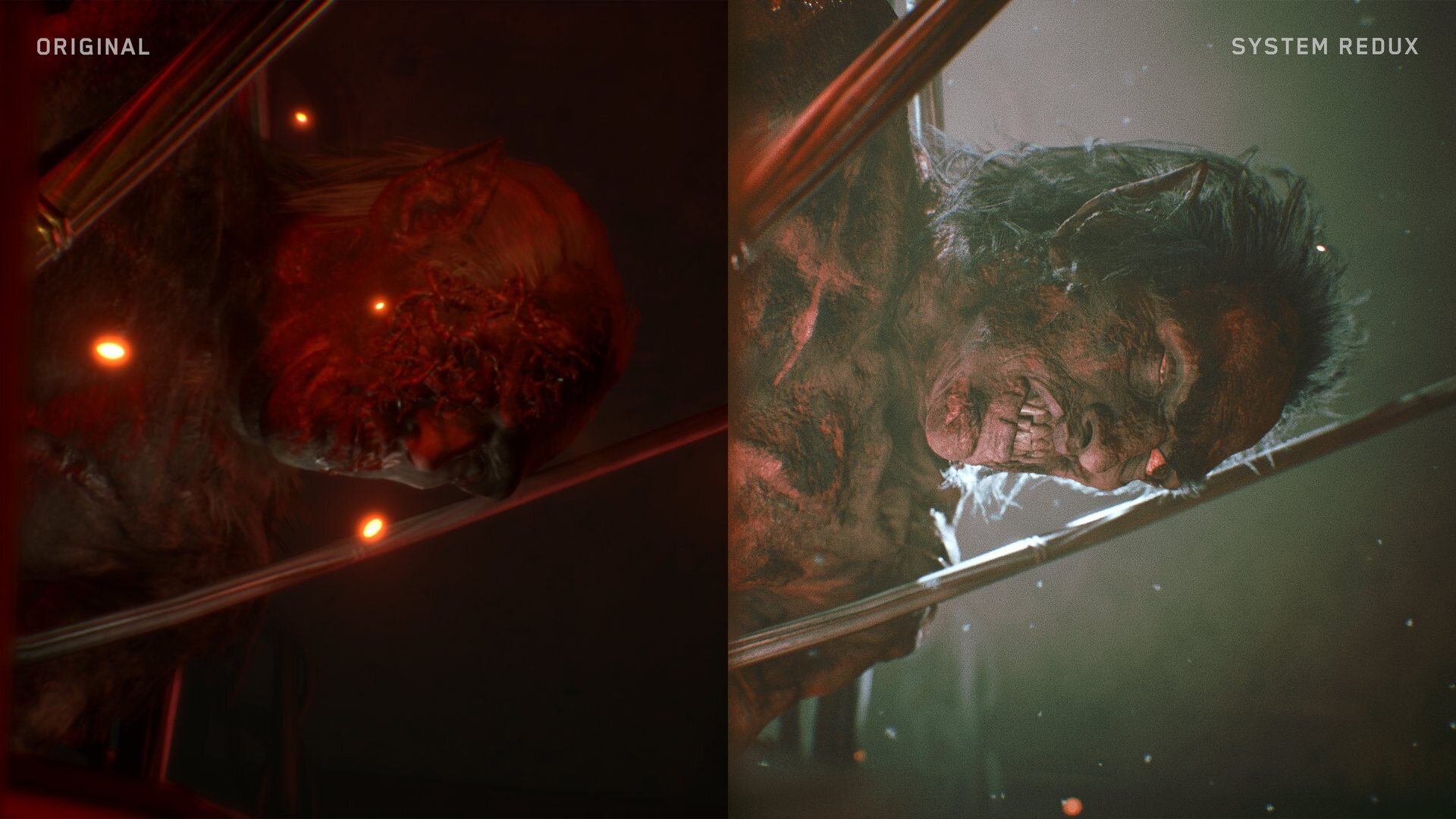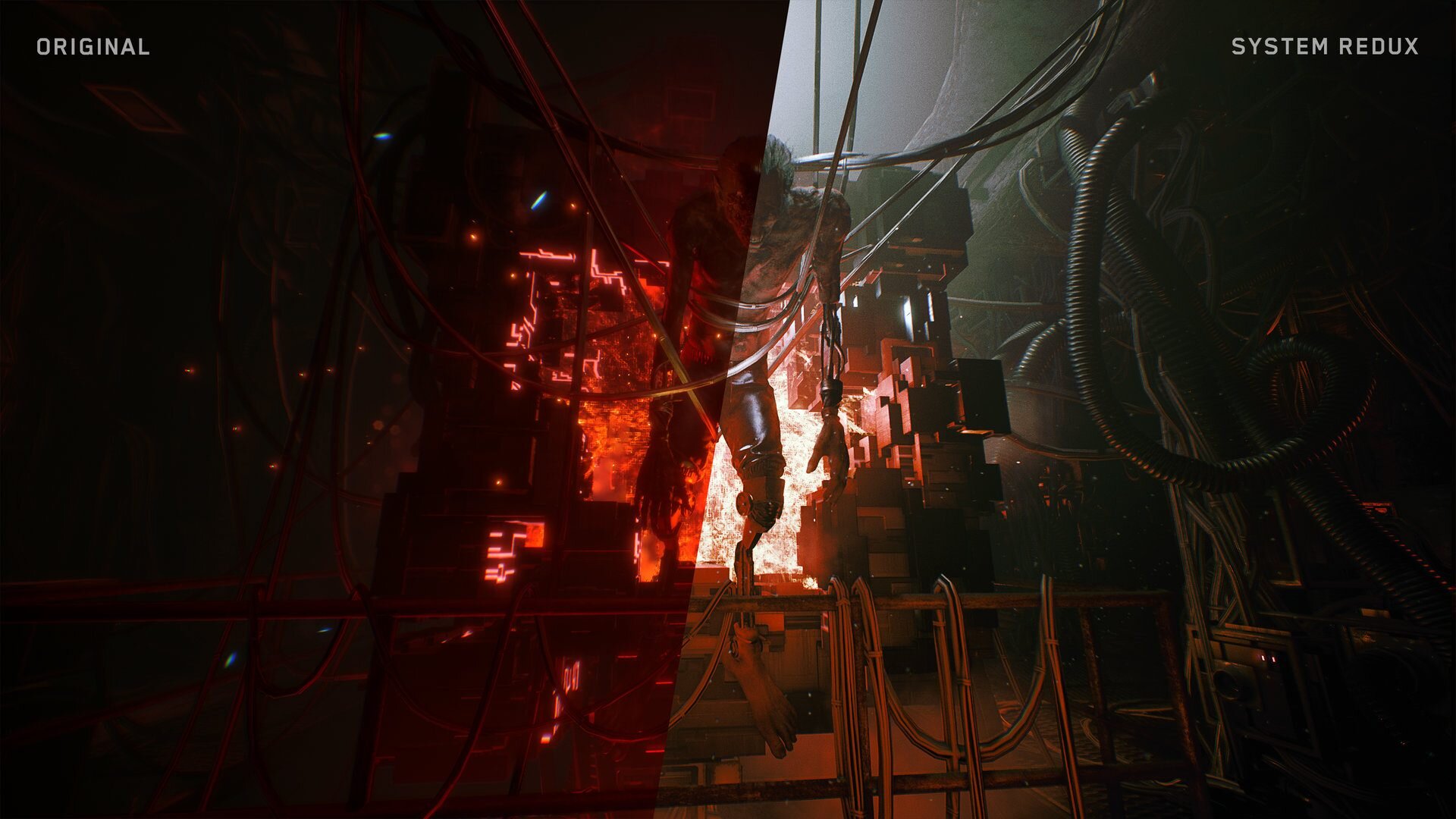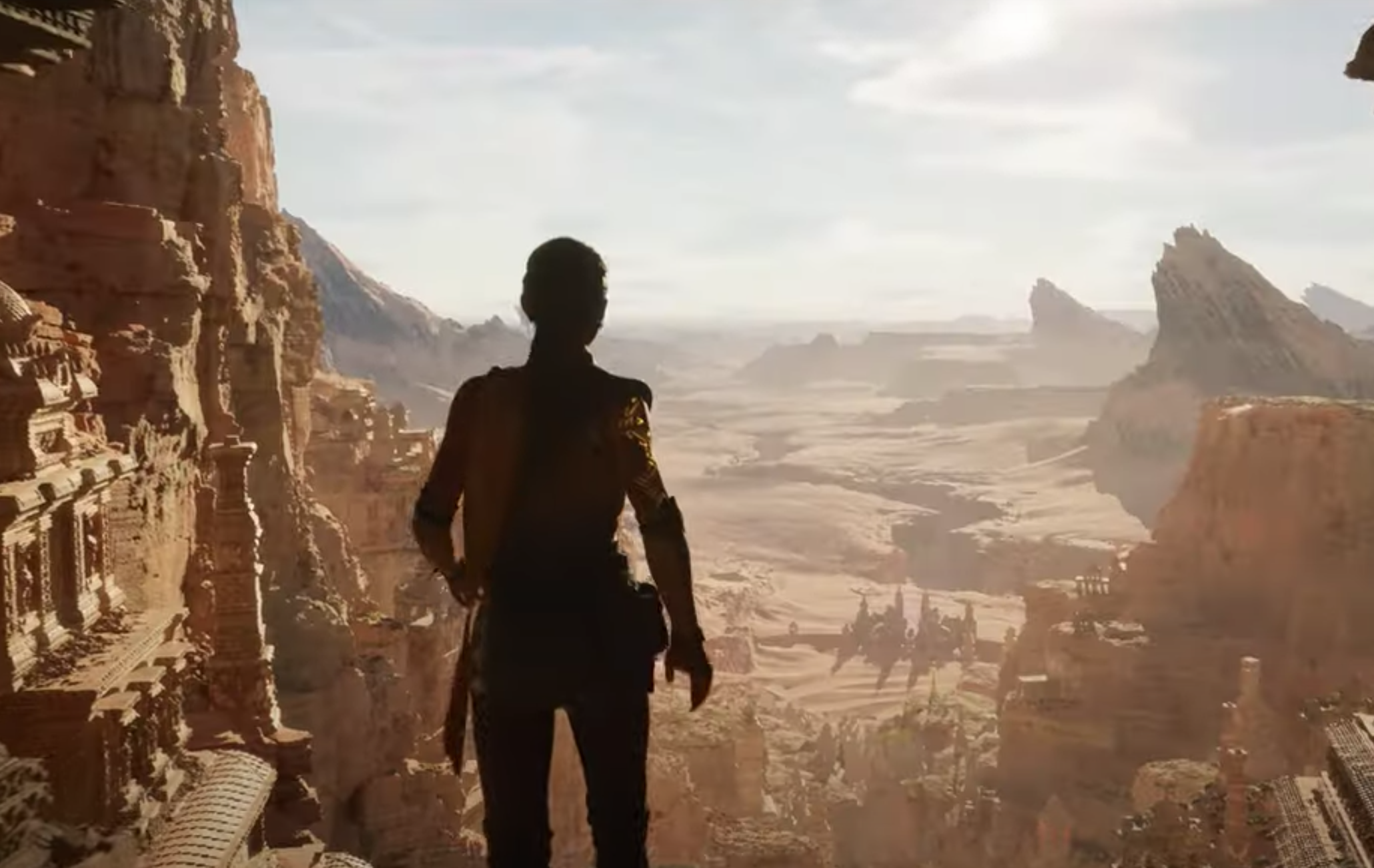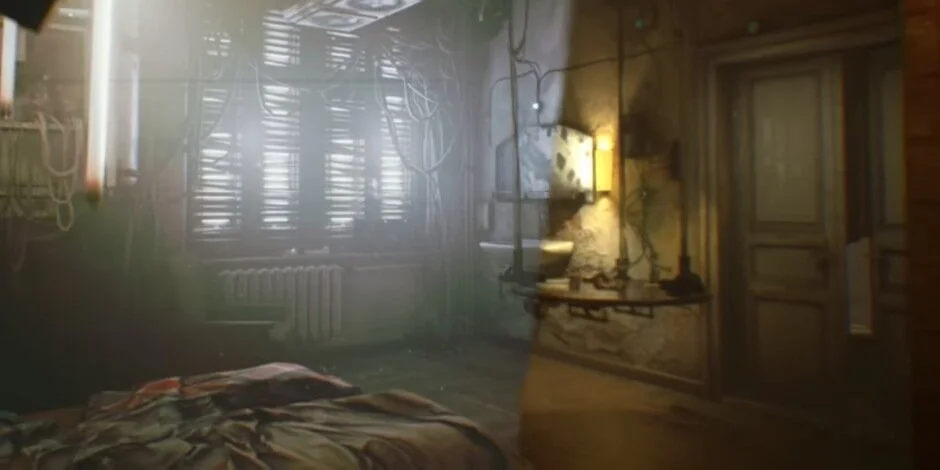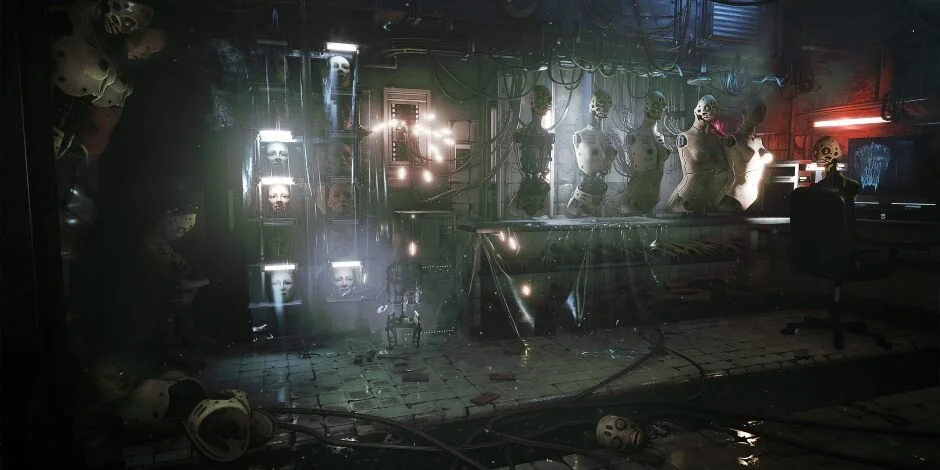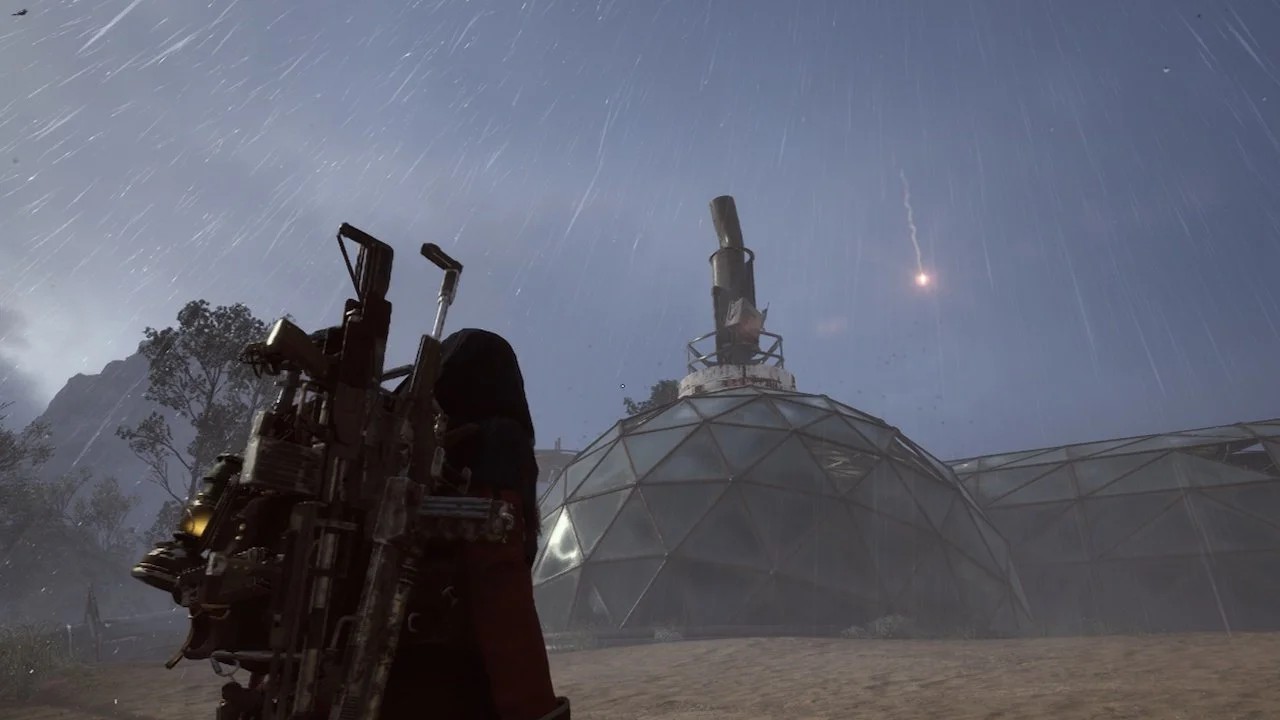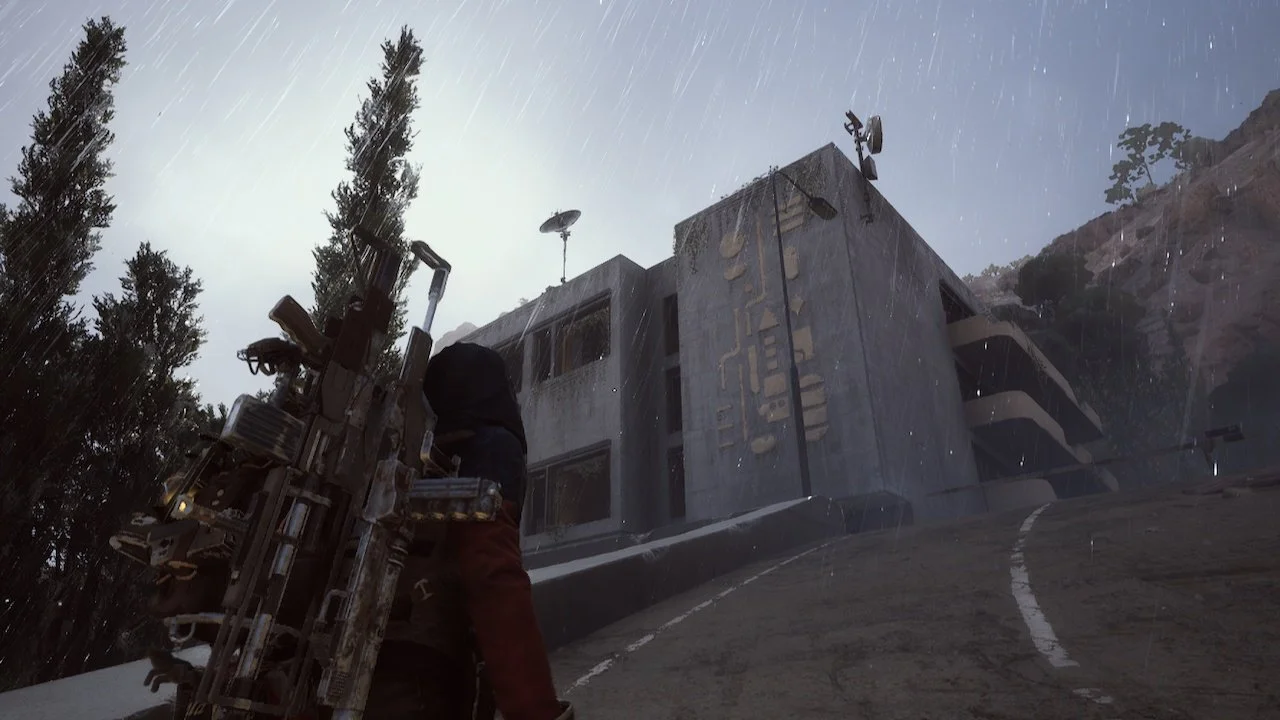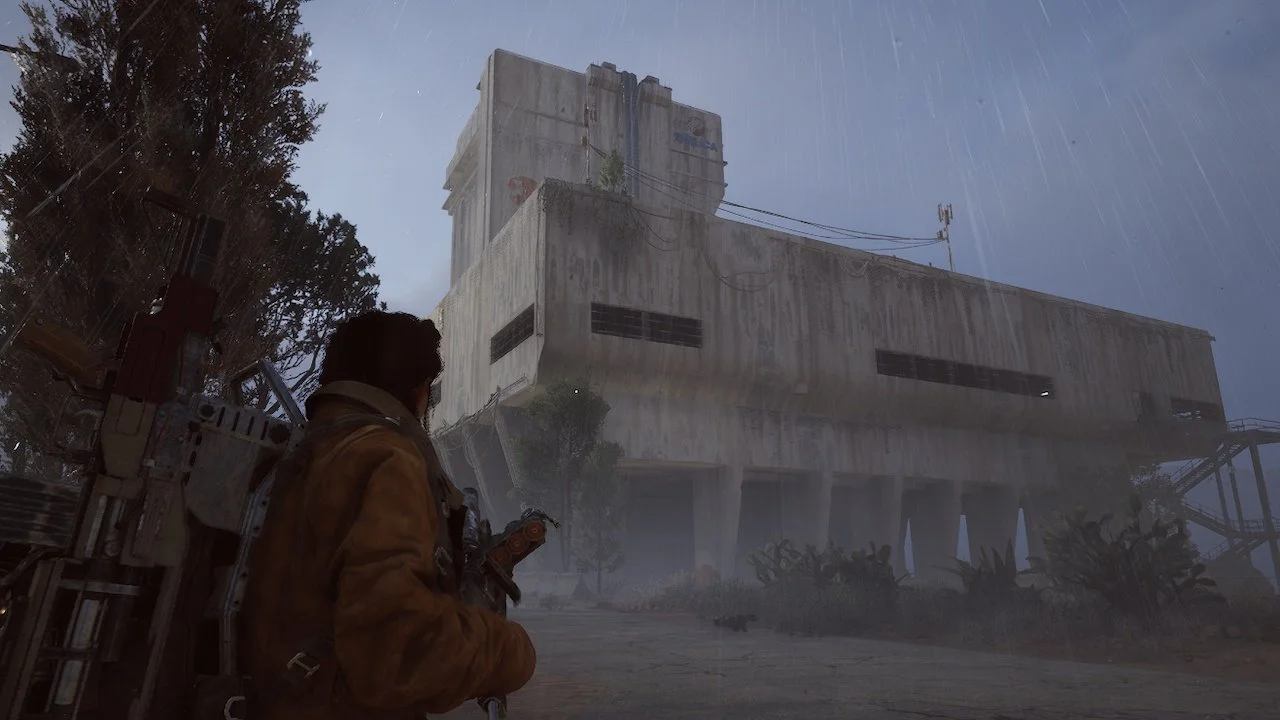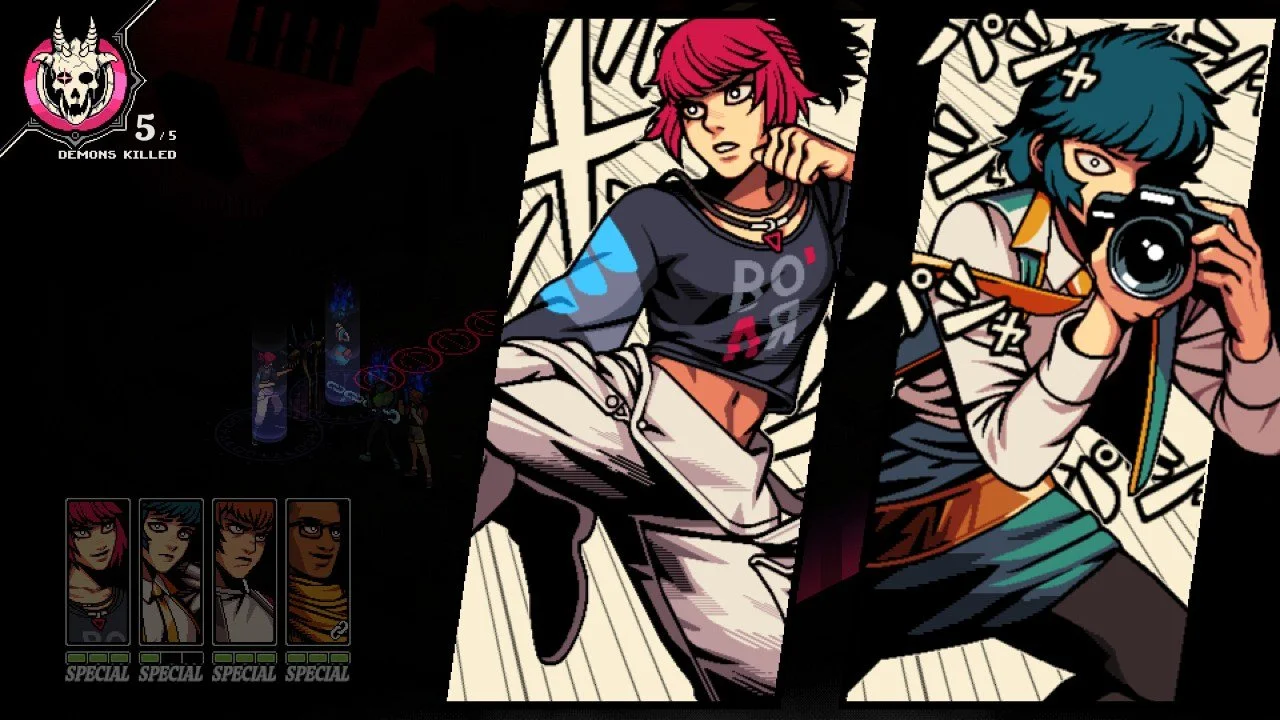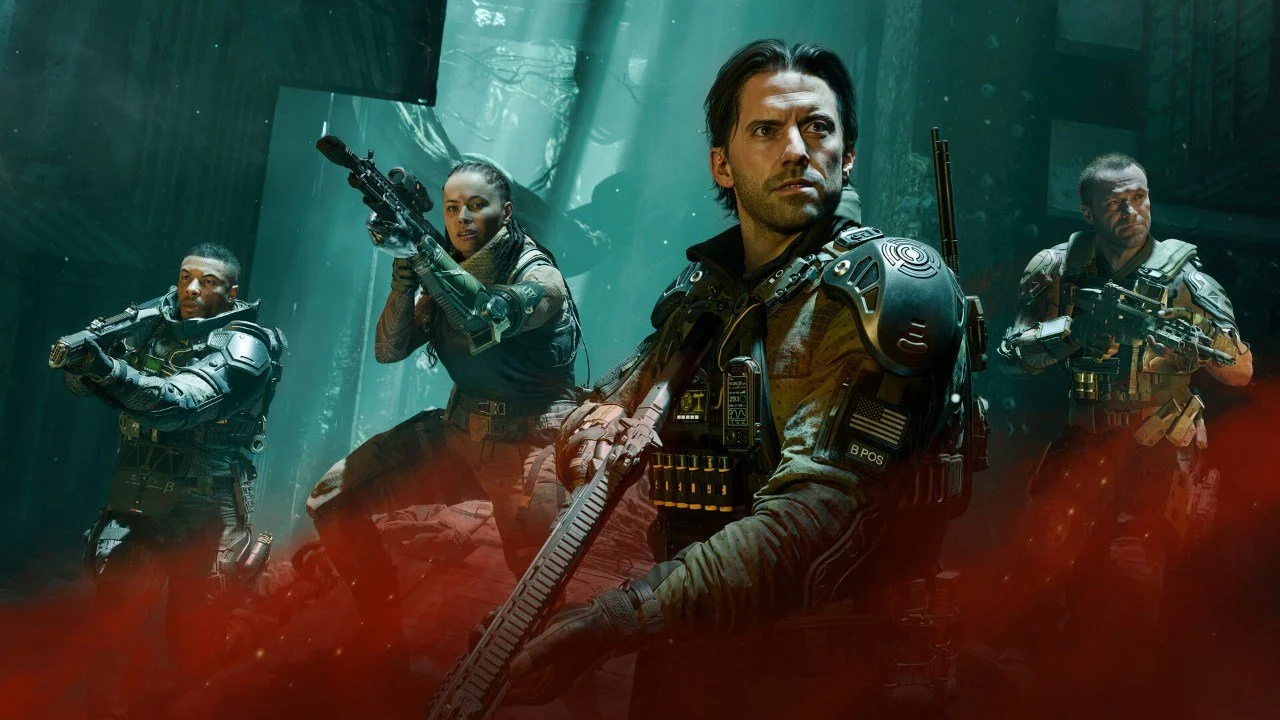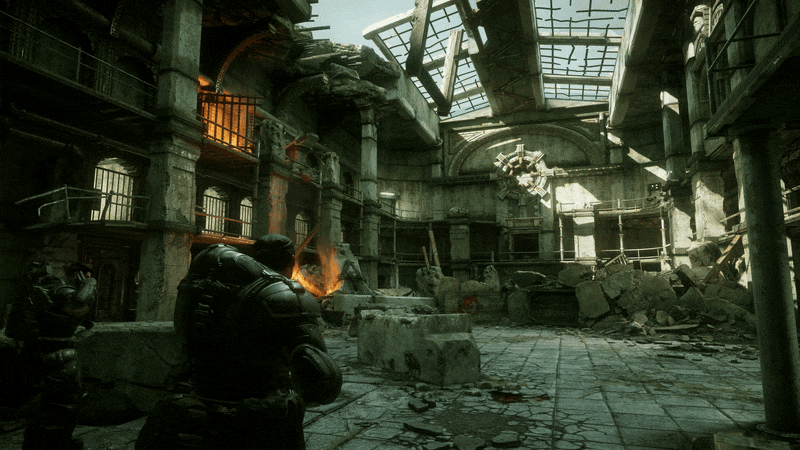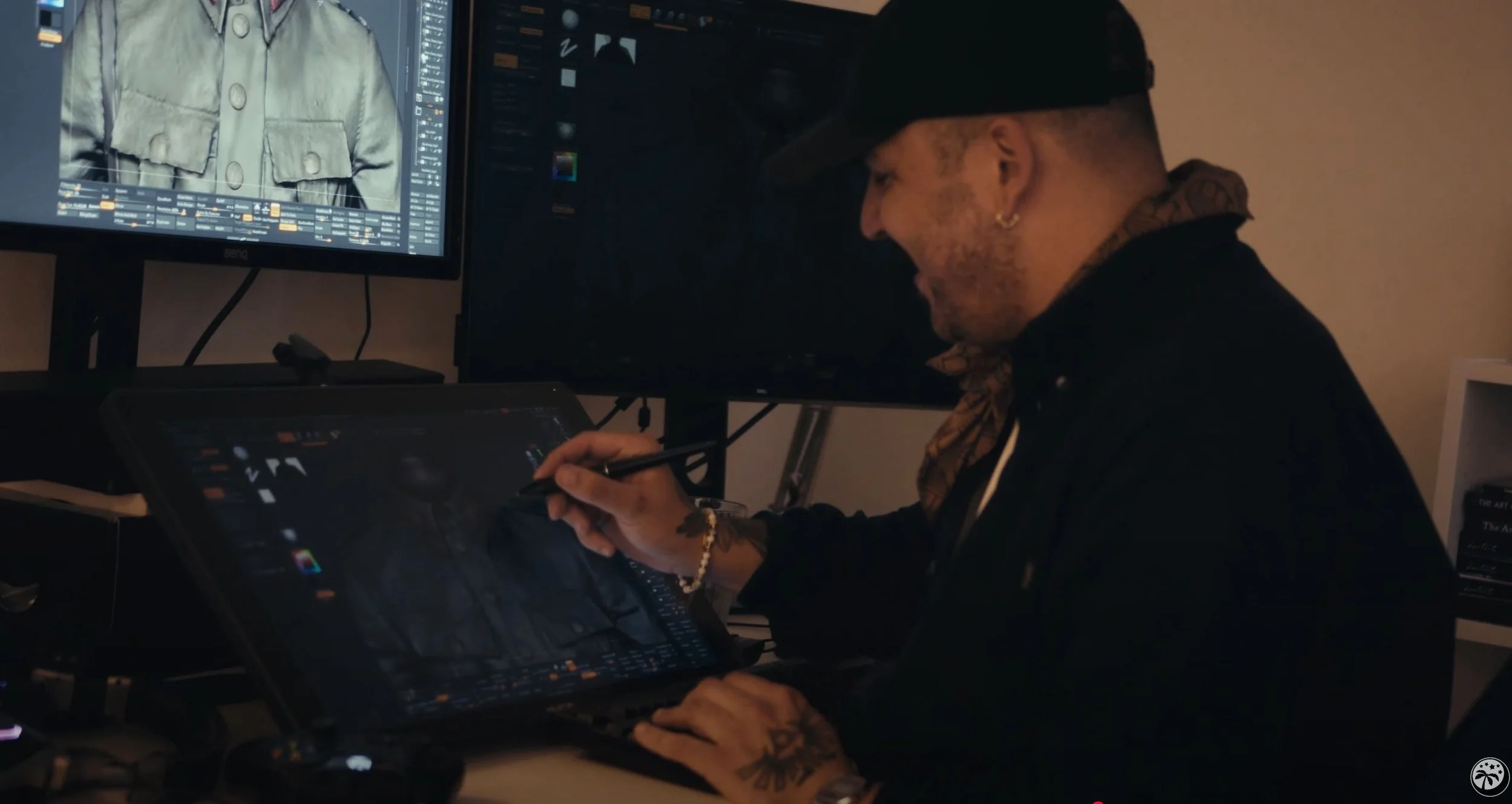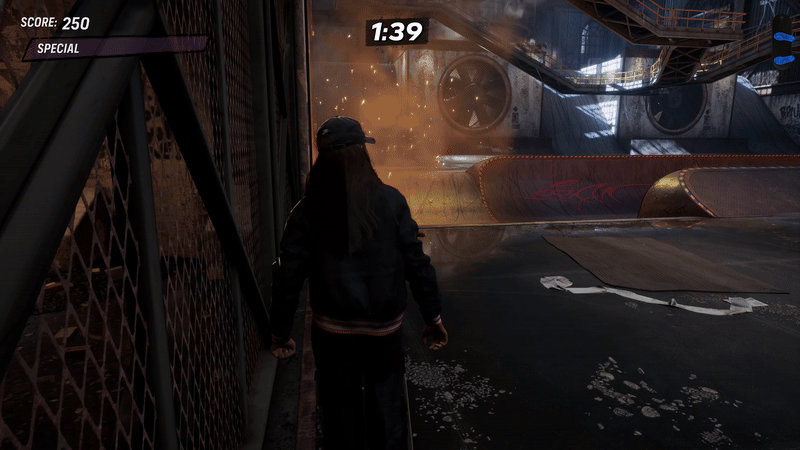Detective stories have always been of interest. The exploration of the human psyche. The untangling of puzzles in physical space and in the mind. And the frightening admission of frailty and mortality brought to the surface over the course of the detective’s searching.
When noir crime and experiential horror are combined, though, then a very spine-tingling experience is likely to occur. Observer: System Redux is a wonderful return to a 2017 release and it serves to intensify and tweak that original narrative into a more memorable experience.
Rutger Hauer, who portrayed the protagonist in Observer and is a cyberpunk icon with his performance in Blade Runner, died last year. So it’s nice to feel like he’s alive again when playing through this remastered content. There’s more story, more cases, and a better look than ever before.
So, let’s see what is in store for us when we step into the world of Observer: System Redux.
STORY
In 2084, the world is a different place. It’s a dark and dismal setting, one that mankind will want to escape through any means necessary—virtual reality, narcotics, and implants that affect the nature of their humanity. After a bitterly divisive war and raging pandemics, a corporate entity has exerted control on the futuristic landscape. Chiron even wields power through law enforcement, with neural detectives sent to investigate crimes.
Daniel Lazarski, one of these corporate investigators, uses the Dream Eater neural link interface to hack into people’s minds. The invasive and mind-altering experience is used to discover clues and uncover evidence in local cases.
But Daniel is about to discover that events in his personal life are about to spiral out of control and life on the job has strained his sanity to the point of collapse…
GAMEPLAY
Here’s what to look forward to in this redux horror game…
Three new cases—Errant Signal, Her Fearful Symmetry, and It Runs in the Family—expand the game by exploring other themes that are relevant in an Orwellian dystopia run by a corporation. How humans live in and respond to a world of augmentation, distortion, and toxic social stratification. These questions are explored by the cases that Daniel Lazarski. System Redux also includes more gameplay mechanics like codes, puzzles, and stealth. All of the gameplay, old and new, has been improved with 4K resolution, upgraded textures, new animations, models, and effects. For all of the graphics-obsessed gamers out there, you can also enjoy Ray-Tracing and HDR lighting.
It’s a pretty low maintenance game in terms of controls, though. It’s a walk-and-talk kind of game. Move here, talk to this person, move to another location and do the same. It’s a slow unfolding of the mystery. Occasionally, you’ll have a stealth section where you need to evade a fearsome pursuer. And other times, you’ll need to interact with computers or locked doors, hacking those consoles and systems. But, for the most part, players will be talking to people and reading text. It’s the kind of narrative horror game where the story takes precedence over the gameplay.
It’s not my typical playstyle, but I do enjoy breaking from FPS and action-adventure games every now and then to dive into a story-based game.
Some of the gameplay felt a little clunky to me, but I’ve just recently jumped back into PC gaming, so I’d attribute most of the awkwardness to my personal adjustments. If you are someone who is used to fast-paced games, however, you might have a difficult time getting into this unhurried investigation.
With the changes introduced in the System Redux, I really enjoyed the side cases. Errant Signal in particular was a moral quandary set within this disturbing sci-fi future. I think this return to Observer will excite new players from a visual and storytelling perspective and it should pull old fans of the game back with a promise of a new experience.
VISUALS
The visuals have really been updated in System Redux. There is a new level of clarity, detail, and world-building. Characters look sharper. The scenes look more vibrant. And the horror is more visceral.
Horror is so contingent upon the immersion of the viewer. If a player is able to lose themselves in the world of the game more readily, then it will bring greater influence on the events of the narrative. Scares hit harder. Sounds induce more dread. And the people that make up the story become more real and more deserving of empathy and understanding.
I didn’t play the original game. It was always on my list, but it never left my backlog. However, just from watching the gameplay footage of Observer and seeing the comparison screenshots, I can appreciate what the developers done. This is a labor of love, in which the dev team has worked to recreate the game with new technology, with new purpose, and with new memories for the players.
The game defaulted to a low graphics setting at the beginning of the game, but I switched it to the highest settings pretty quickly. And I really liked what I saw.
Switching between different levels of brightness was the only issue I had with the appearance of the game. With horror games that rely on shadow and darkness, it can sometimes be difficult to find the right setting, especially when you’re playing at inconsistent times during the day. I found that higher brightness settings were always preferable, though I know that some gamers will want it to be as dark as possible. Other than that small hangup, I really enjoyed the visual experience in Observer: System Redux.
REPLAYABILITY
System Redux introduces more cases to the game, expanding side missions and content that players can explore while uncovering the main mystery.
I finished some but not all of these additional cases and they were interesting diversions from Daniel’s mission to find his son. For players who worked through the original Observer, the new content is enough to persuade a fresh playthrough. The visuals alone might attract some gamers, but other stories within the squalid apartments provide more nuance and substance to the game’s setting.
I don’t think that players would want to play through System Redux multiple times, but it’s a big enough game to satisfy players for one full playthrough. I actually think the game runs a little long, so it is certainly not one I’d play through again and again. Once was enough.
WHAT IT COULD HAVE DONE BETTER
Length was my main concern with Observer. It took me about 10 hours to beat the game. I didn’t finish every case. But I wasn’t aiming for a speedrun either.
And I think those 10 hours were a little much. I would have preferred something more around 8 hours. Certain sequences, like Dream Eater scenes when Daniel would enter into someone else’s subconscious, wore on longer than they should have. I understand that the visual purpose of these moments is to disorient, deceive, and disturb the player, but in a game where you slowly walk around, they seemed to drag on.
Some trimming throughout would have made the game progress more quickly and I think I would have enjoyed the ride a little more.
I did also experience some technical issues that had to be worked around. One bug brightened a computer screen to the point where I couldn’t read the display at all. And the room I was in was locked so I had to finish hacking into the computer in order to progress. Reloading the game and the individual save file numerous times did not solve the problem. I eventually had to load an older save file to circumvent the glitch. Other visual bugs occurred that forced me to reload the game, but nothing that ultimately wrecked an entire playthrough. Just be aware that you might encounter small glitches or bugs during your game.
VERDICT
I’ve seen things you people wouldn’t believe.
There are a lot of horror games out there, but few are given a second chance at life through a dramatic revisit from the developers. Bloober Team, though, has revivified the Observer experience with a high-quality visual remaster and a gameplay overhaul.
It’s an experiential horror that infuses cyberpunk and sci-fi themes with existential dread. While the runtime is just a little long, it’s a narrative that is worth delving into. Returning players will enjoy what has been improved and added, with the promise that this is the definitive version of Observer. And new players, like me, will appreciate the commitment from the developers to really present an immersive and memorable sci-fi horror story.
It’s got some rough edges, but I’d expect that from any game that originally released in 2017. In spite of that, it’s worth your time and I think the visual enhancements also elevate the gameplay. If you love Blade Runner and Rutger Hauer—and if you’re a fan of indie horror games—then you’ll find something to love here.

